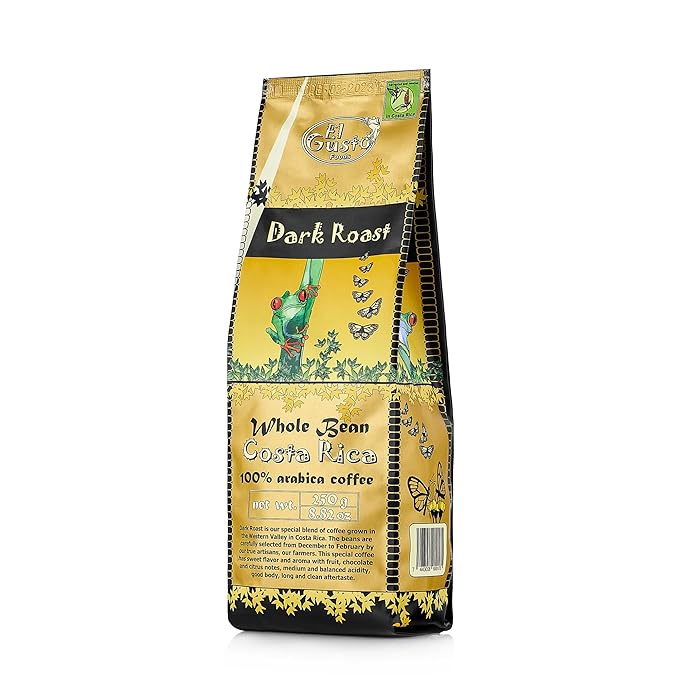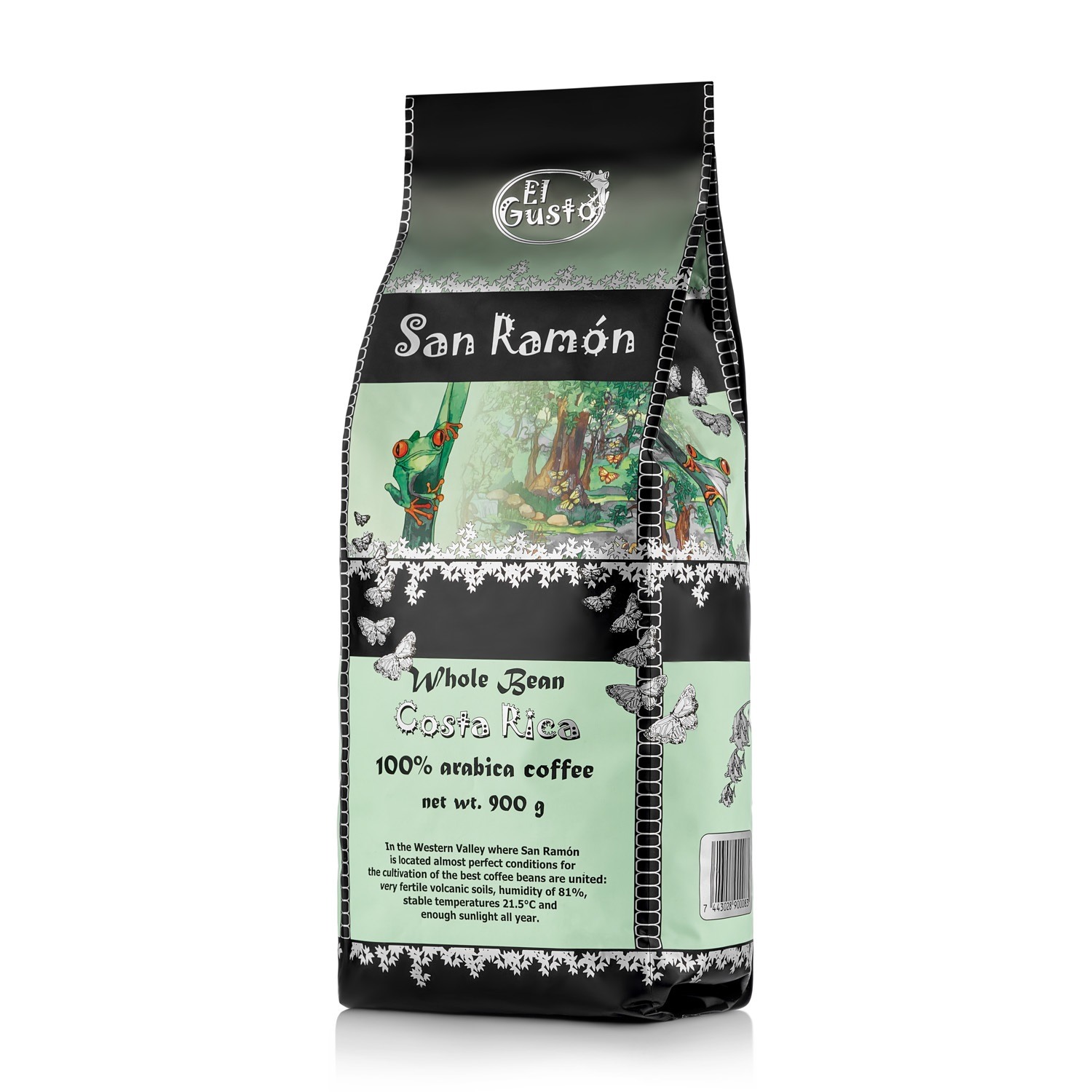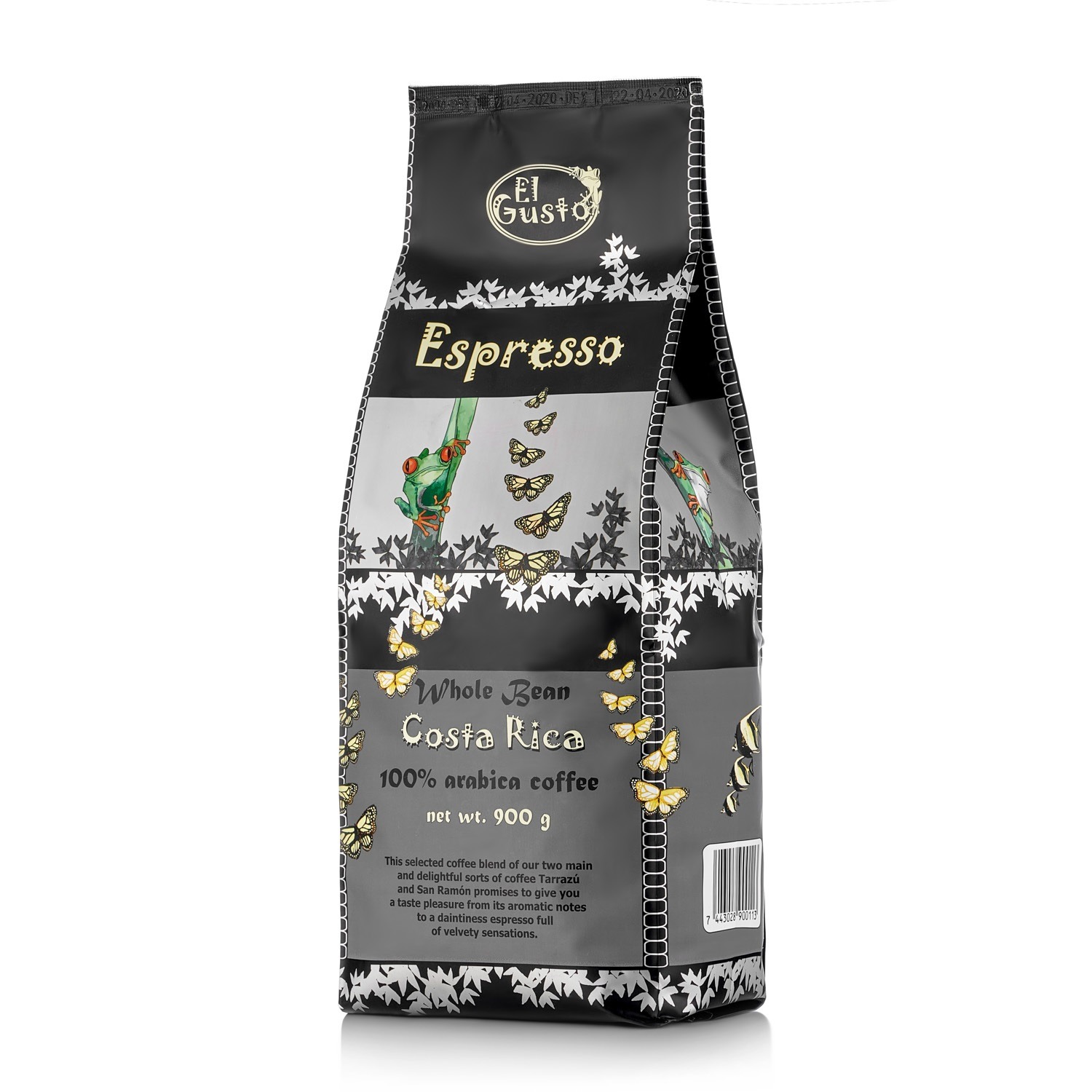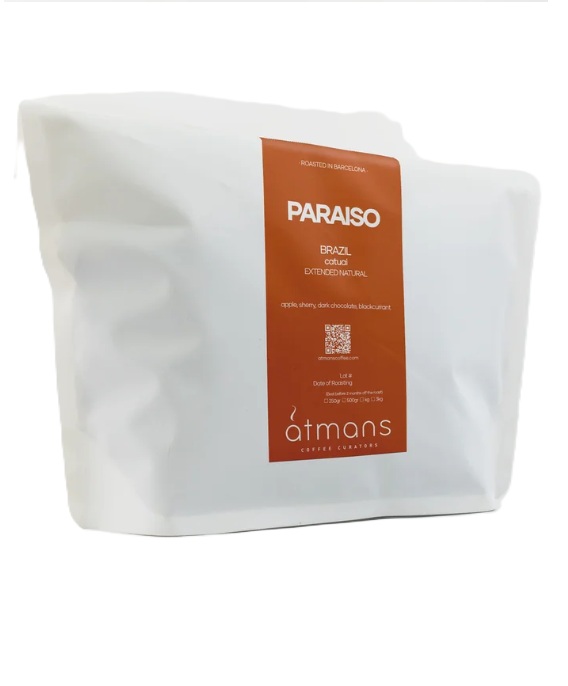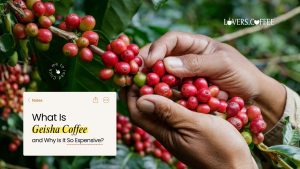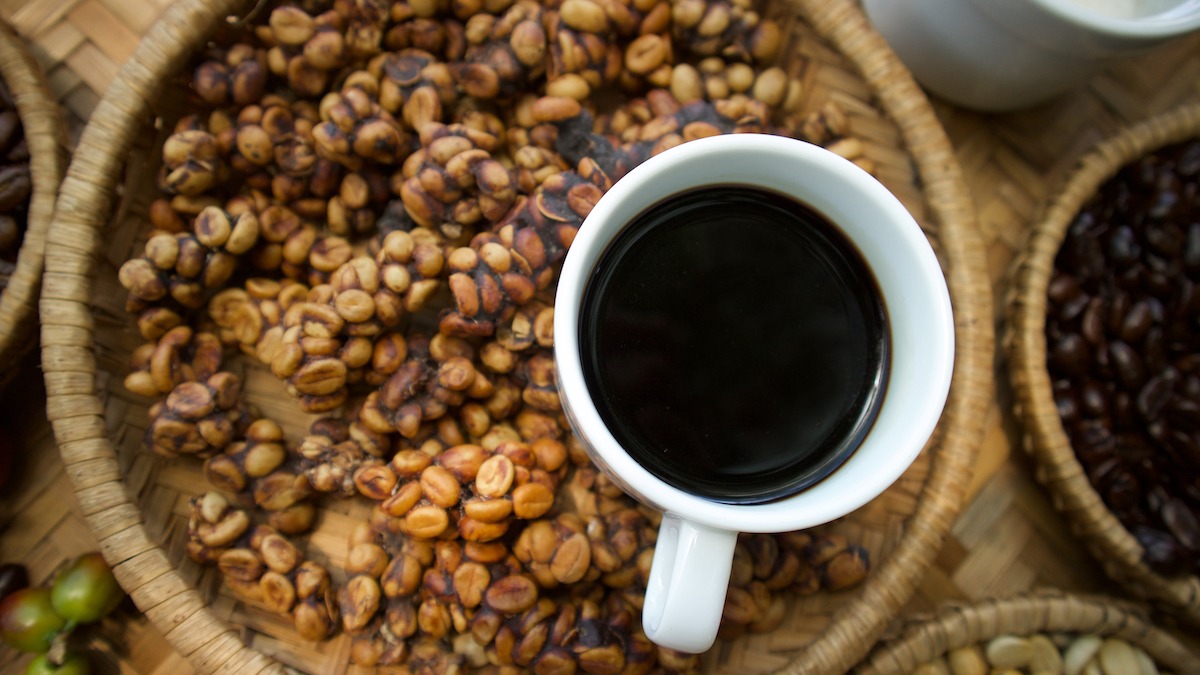
What is Kopi Luwak Coffee?
What is Kopi Luwak Coffee?
- Adam Smith
- 22-01-2025
- 23-07-2025
- 2594 views
- coffeepedia

Kopi Luwak, often referred to as “civet coffee,” is one of the most luxurious, unique, and controversial beverages in the world. Known for its smooth flavor and hefty price tag, it carries a mystique that draws coffee enthusiasts and curious connoisseurs alike. However, its fascinating production process and ethical concerns make it a topic of heated debate. This blog explores the origins, process, flavor profile, cost, and controversies surrounding Kopi Luwak coffee.
The Origins of Kopi Luwak
Kopi Luwak originates from Indonesia, where the word “kopi” means coffee and “luwak” refers to the Asian palm civet, a small mammal native to the region. The history of this unique coffee dates back to the Dutch colonial era in the 18th century, when local farmers were forbidden from consuming coffee beans grown on plantations. Instead, they discovered that civets, which naturally eat coffee cherries, excreted partially digested beans that could be collected, cleaned, roasted, and brewed into coffee.
The Production Process
The production of Kopi Luwak revolves around the Asian palm civet, which plays a critical role in its creation. Here’s how the process works:
- Selection by Civets
Civets naturally select the ripest and most flavorful coffee cherries to eat. This selection process ensures only high-quality beans are used. - Fermentation in the Digestive System
The cherries pass through the civet’s digestive system, where enzymes break down proteins and alter the beans’ chemical composition. This process reduces bitterness and enhances the flavor profile. - Excretion and Collection
The beans are excreted intact by the civet and are collected from the forest floor or farms. - Thorough Cleaning and Roasting
The beans are thoroughly washed to remove impurities, then dried, roasted, and ground like regular coffee beans.
Flavor Profile of Kopi Luwak
Kopi Luwak is celebrated for its unique flavor, which is often described as smooth, rich, and earthy. The enzymatic fermentation process in the civet’s digestive system enhances its sweetness while reducing bitterness. Common flavor notes include:
- Caramel
- Chocolate
- Nuts
- Earthy undertones
The lack of bitterness and smooth finish make it a favorite among those willing to pay for a premium experience.
The Price of Luxury
Kopi Luwak is often regarded as the most expensive coffee in the world, with prices ranging from $100 to $600 per pound, depending on its quality and source. A single cup can cost anywhere from $35 to $100 in specialty coffee shops. The high price reflects the labor-intensive collection process and the rarity of genuine wild-sourced Kopi Luwak.
The Ethical Controversies
1. Animal Welfare Concerns
The rising popularity of Kopi Luwak has led to the establishment of civet farms where animals are often kept in cages and fed a diet of coffee cherries, depriving them of their natural habitat and varied diet. This practice raises significant ethical concerns.
2. Authenticity Issues
Due to its high price, fake or low-quality Kopi Luwak has flooded the market. Some products labeled as Kopi Luwak may not involve the traditional civet process at all, making it essential to buy from trusted sources.
3. Environmental Impact
Unsustainable farming practices to meet demand can lead to deforestation and disruption of local ecosystems, further complicating the ethics of Kopi Luwak production.
How to Identify Authentic Kopi Luwak
- Buy from Reputable Sellers:
Choose certified sellers who source their coffee ethically and ensure the civets are treated humanely. - Look for Certification:
Some organizations certify Kopi Luwak to ensure it meets ethical and quality standards. - Check the Flavor Profile:
Genuine Kopi Luwak is known for its smoothness and complex flavor. If the coffee tastes bitter or overly acidic, it may not be authentic.
Ethical Alternatives
For those concerned about the ethical implications of traditional Kopi Luwak production, there are alternatives:
- Wild-Sourced Kopi Luwak:
These beans are collected from forests where civets live in their natural habitats. - Civet-Free Kopi Luwak:
Some companies have developed fermentation processes that mimic the enzymatic changes of civet digestion without involving animals.
The Appeal of Kopi Luwak
Despite its controversies, Kopi Luwak continues to fascinate coffee lovers. Its rarity, unique production process, and luxurious reputation make it a must-try for adventurous coffee enthusiasts.
Conclusion
Kopi Luwak is more than just a coffee; it’s an experience steeped in history, science, and controversy. While its smooth flavor and rich history make it an intriguing choice, the ethical concerns surrounding its production are worth considering. For those interested in trying Kopi Luwak, supporting ethical and sustainable sources is key to ensuring a guilt-free coffee experience.








